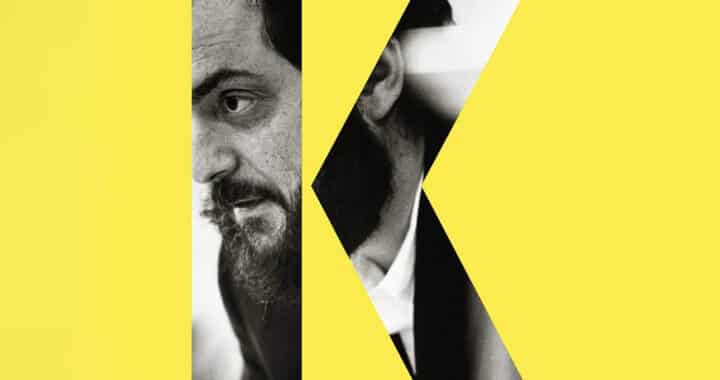
Fitz-James O’Brien’s Exuberant Morbidity
Fitz-James O’Brien’s exuberantly morbid stories, set amongst mid-century New York’s boarding houses and alleyways, are works of comic skepticism and cosmic messiness.

Fitz-James O’Brien’s exuberantly morbid stories, set amongst mid-century New York’s boarding houses and alleyways, are works of comic skepticism and cosmic messiness.

Sophie Gilbert’s critique of misogyny in the 1990s and 2000s, Girl on Girl, would be disheartening but for the iconoclastic and subversive feminist artists in pop culture.

For Turkish author Ayşegül Savaş, a midway point between “normalness” and artistry seems both bridgeable and impossible.

This bio about Moby Grape’s Skip Spence dissects and casts a glowing light on his work as a composer of some of the most influential music of San Francisco’s psychedelic scene.

From marketing manipulation to all-out psychological warfare, Stories Are Weapons clarifies how our world – and worldview – is seldom our own.

2 Tone found a sweet spot between punk anger and pop sensibility that mirrored the myriad poles they were trying to bridge in their band members and audiences.

George Eliot was not Jewish, but her 1876 novel Daniel Deronda took on the “Jewish question” and brought forth the concept of Zionism with knowledge and grace.

Like Steve Reich’s Different Trains, Jordan Mechner’s graphic memoir Replay is a work of introspection that looks to history and tragic synchronicity.

Like its vast ocean setting, Jules Verne’s 20,000 Leagues Under the Sea goes deeper into pop culture – its tentacles reaching farther than its creature’s – than you may realize.

You can smell the cigarette ash and Johnnie Walker Black Label on the pages of A Hitch in Time, a gleefully pugilistic posthumous Christopher Hitchens anthology.

Blending personal experience with popular culture, Peter Coviello seeks to democratize how criticism is understood and practiced in Is There God after Prince?

Kubrick: An Odyssey by scholars Robert P. Kolker and Nathan Abrams is an ambitious, thorough, and important new take on Stanley Kubrick’s life and work.